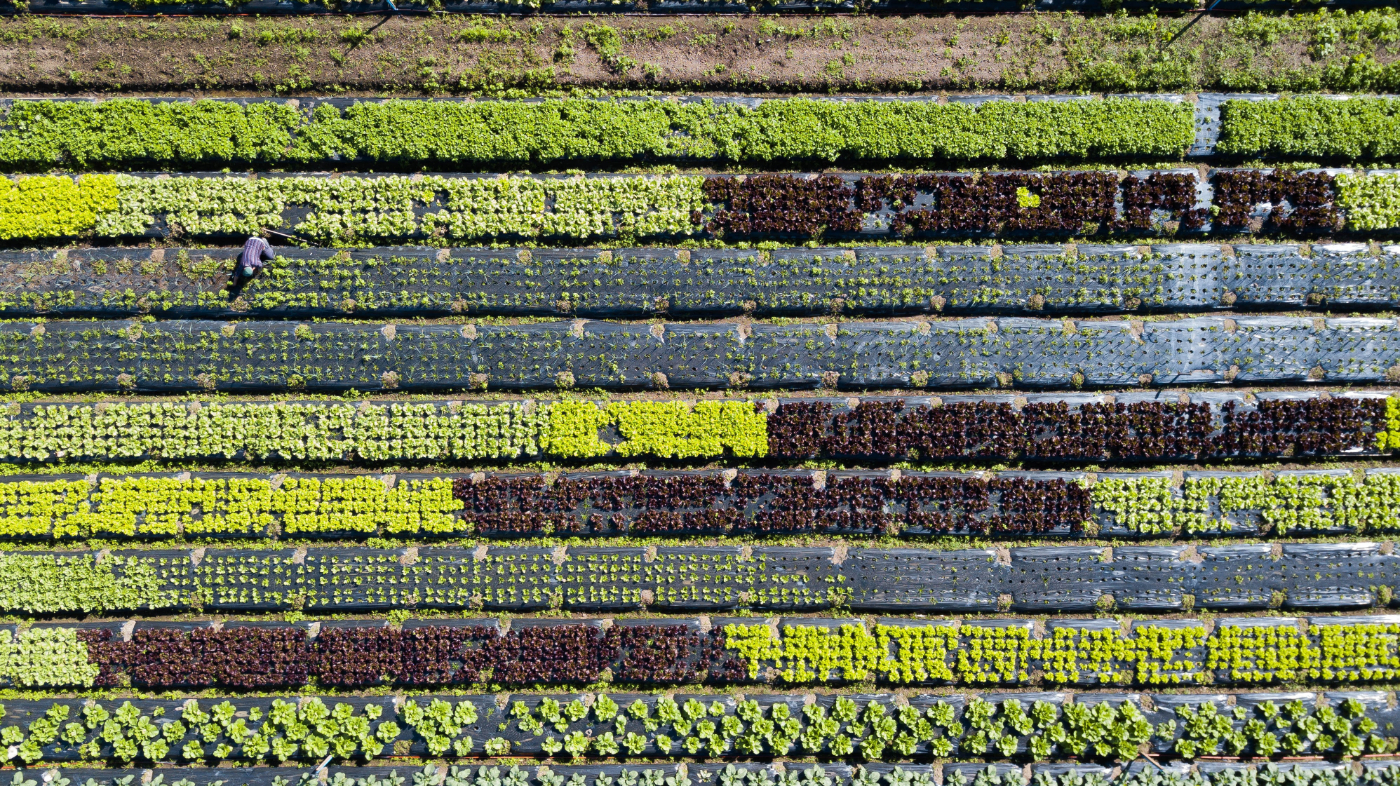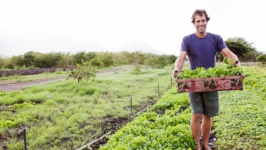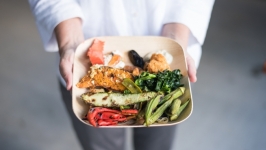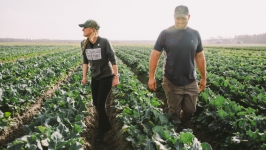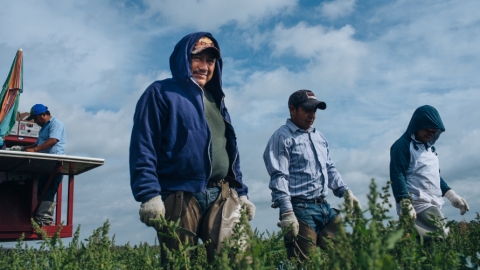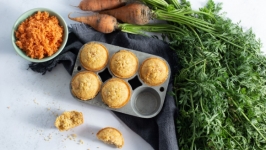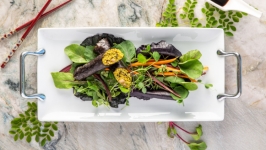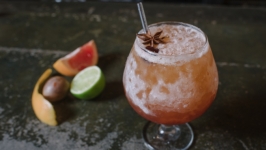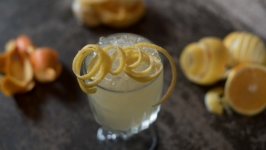A 360° View of Sustainability
As we kick off 2021, it’s important to apply the takeaways we learned in 2020 to alchemize the good, the bad and the ugly into something that will guide us into the future. What many are calling the Great Pause gave people the time and space to ponder questions like, how much do we really need to be comfortable? How can we adjust our lives in a more conscious and thoughtful manner?
We are collectively assessing our lifestyles to examine what we need, how to get it at the best cost, and how to make it last. We’re becoming more sustainable not because of its green glamour but out of necessity. As we evolve, it’s important to remember that a sustainable lifestyle expands beyond environmental responsibility to also include social responsibility. For example, when shopping for chocolate bars, some might look for whether the ingredients are organic, but other sustainability factors may be considered, such as Fair Trade sourcing, regenerative farming practices and recycled packaging. Our awareness of social and environmental issues is strengthened when we educate ourselves beyond marketing tactics of manufacturers and the labels of certification bodies.
I got an up-close look at the environmental and social impact of the textile industry while running sustainability initiatives at prAna, a subsidiary of Columbia Sportswear and Under Armour. That exposure was my personal alarm clock to live a more conscious and thoughtful lifestyle as well as the impetus to start Anact because I saw firsthand the consequences of dyes and chemicals being tossed in the waterway systems, the impact of poor labor standards on garment workers and the reality of massive amounts of garments ending up in landfills to emit harmful chemicals that feed the climate crisis.
What does this have to do with food, you might ask? There’s a connection between what we wear and what we eat. For example, conventional cotton growing practices deplete the soil of nutrients due to heavy use of pesticides, synthetic fertilizers and declining biodiversity. This affects far more than the soil in which the cotton is grown. Pesticides and synthetic fertilizers can spread through the air to surrounding land, while runoff from heavy rain can spread pesticides through the ground, resulting in further soil damage that affects future cotton crops, food crops and neighboring land used for other purposes.
I am a firm believer that now more than ever, eating organically, locally and seasonally is critical to being a sustainable steward of our land in Northeast Florida and throughout the world. Here are some simple ways to have a positive impact. Make a habit of visiting local farmers’ markets, where you can buy seasonal and sustainably grown produce while supporting farmers in our community. If you don’t already have a garden, perhaps it’s time to grow some of your own groceries in your backyard.
At the end of the day, sustainability is not about wanting more. It’s about being happy with what you have and thinking mindfully and consciously about what you put in and on your body. Cheers to simple, impactful acts and living mindfully one day at a time.


